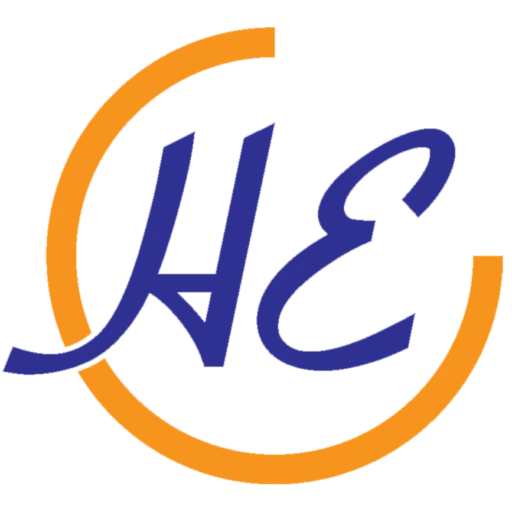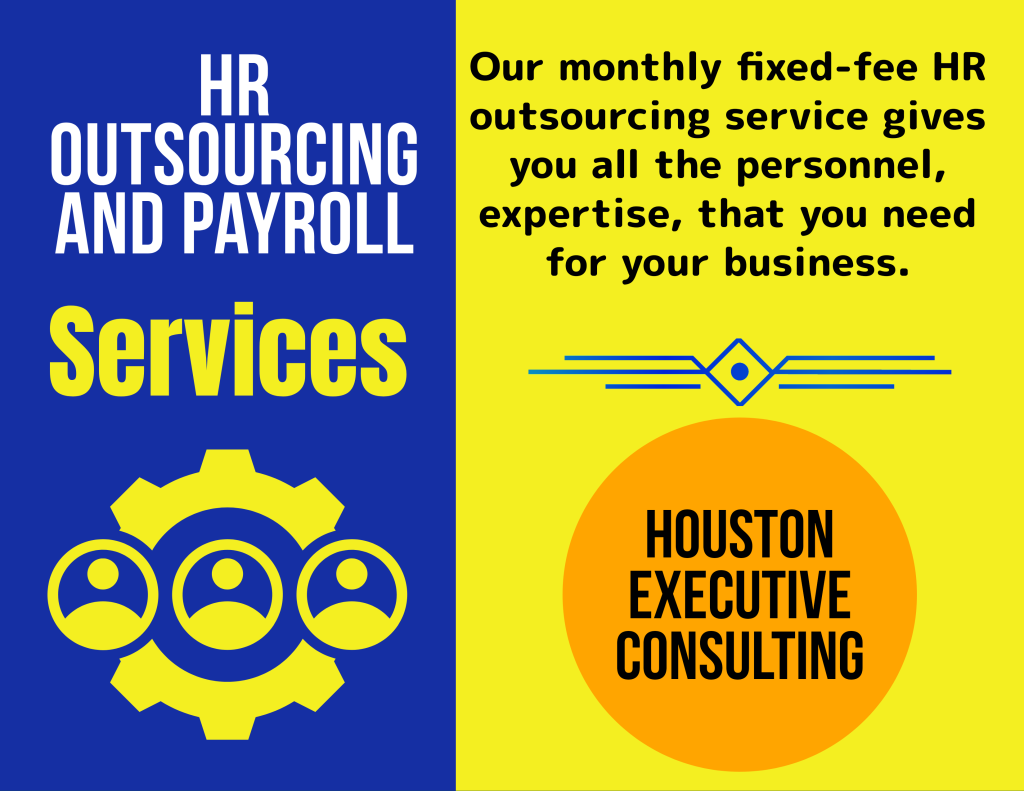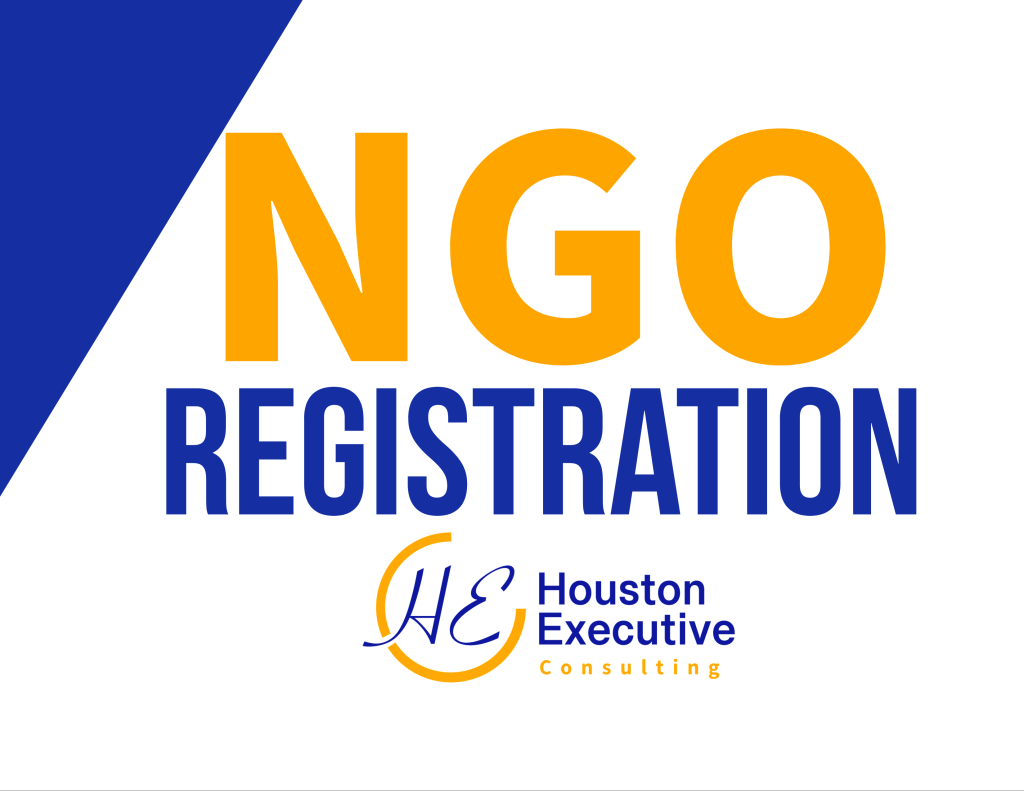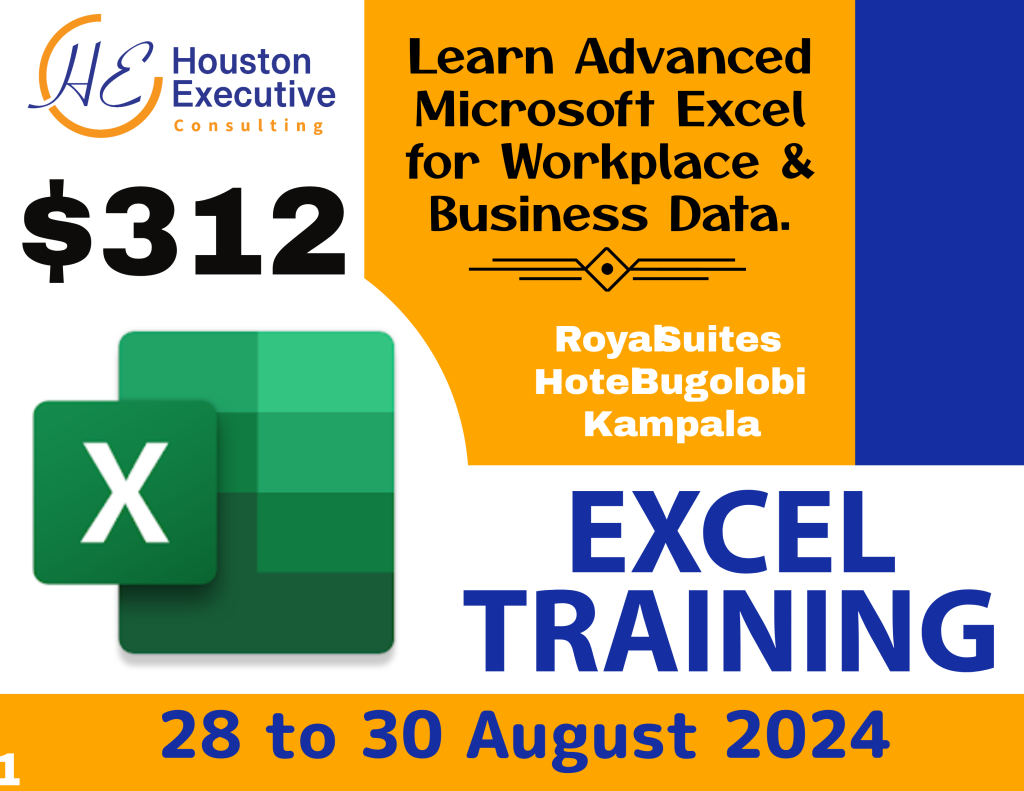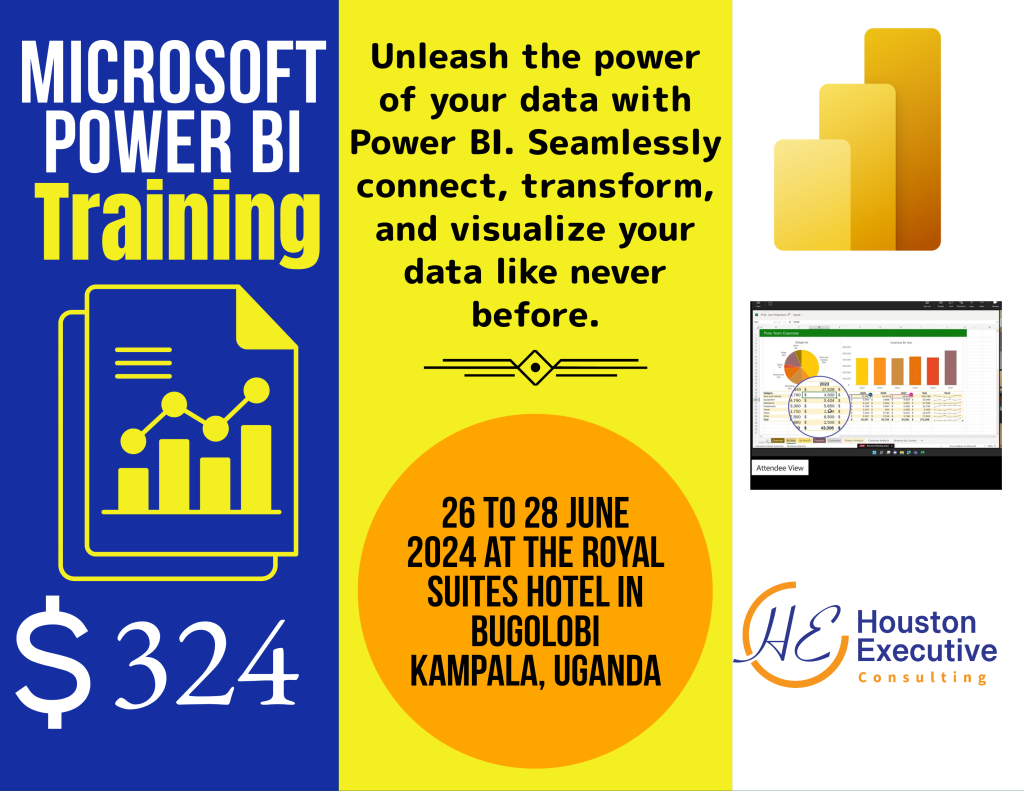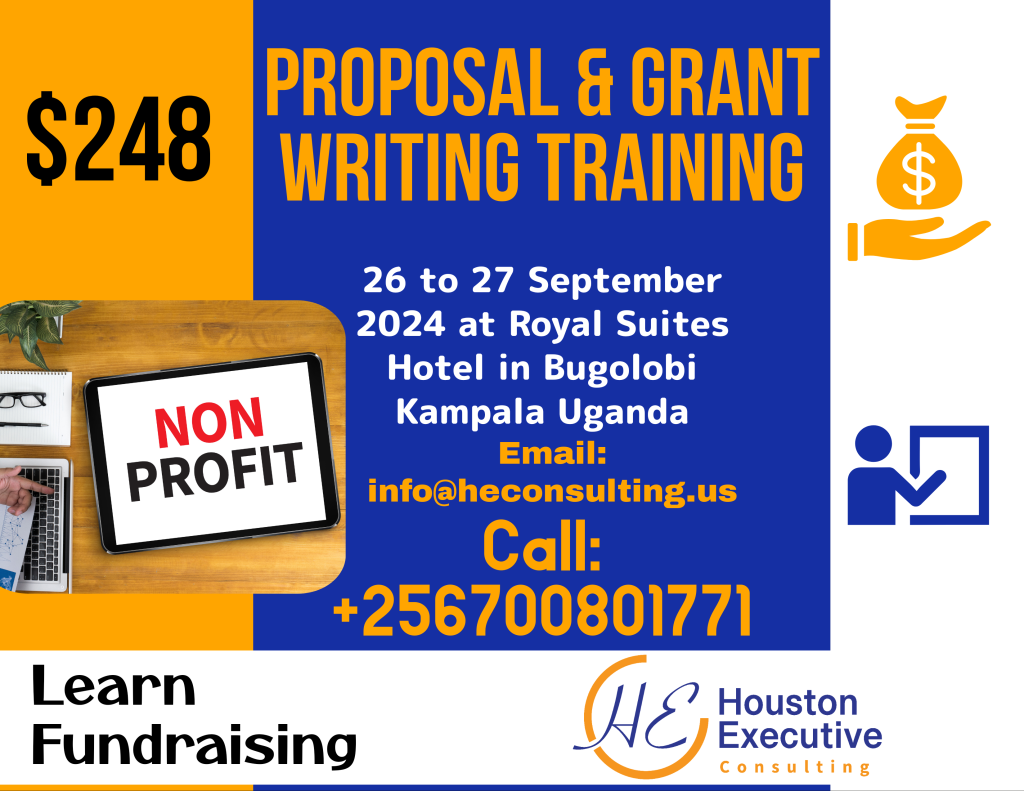Money Lenders in Uganda – What the Public and Lending Companies Must Know about Money Lending Business in Uganda
Money lending is a great business idea that can be successful in Uganda. If you have the capital and are ready to start, you must ensure your new business is well-planned, adequately registered with the relevant authorities, and legally compliant.
Who is A Money Lender?
According to the tier 4 Microfinance and Money Lenders Act (Money Lenders) Regulations of 2017, a “moneylender” refers to a company involved or planning to be involved in money lending.
This type of company offers funds to individuals or businesses with the expectation of repayment, which includes the principal amount and any interest or fees. The moneylender earns a profit from the interest charged on the funds lent out.
Plan Your Business Well
A simple business plan, including moneylending, is essential for the success of any business. It can help you map out your business’s specifics and discover less-known requirements to succeed as a moneylender. You may have to ask yourself the following questions:
- What are the startup and ongoing costs?
- Who is your target market?
- How much can you charge customers?
- What will you name your business?
One of the advantages of starting a money lending business is that it doesn’t have a lot of overhead. You will need a few professionals in critical areas like loan processing, debt collection, and bookkeeping.
You can budget for employee salaries, advertising costs, general office supplies, an excellent website, and a small office space since it is a requirement to declare your intended place of business to authorities like UMRA.
Registering Your Business
You have decided to start your business, but what will you name it?
Keep the name short, simple, and easy to write and remember. You can consider the name’s acronyms.
Think about the names of companies you admire and how those names were crafted. They typically have a few things in common: their names are short, simple, easy to write, and easy to remember.
Choosing the right name is essential and challenging. If you don’t already have a name, you may start writing a few keywords related to money lending, like financial services, micro-lending services, etc.
When registering a business name, we recommend researching your business name by checking the following:
- Uganda Registration Services Bureau (URSB) records
- Social media platforms
- Web domain availability
You must register your company because you must present incorporation documents when applying for a Money Lending License. Establishing a legal business entity such as an LLC or corporation also protects you from being held personally liable if your moneylending company is issued.
You May find this helpful article: https://heconsulting.us/how-to-register-your-company-in-uganda-in-10-easy-steps/
What You Need to Know About the Regulations of UMRA
The Uganda Microfinance Regulatory Authority (UMRA) is established under Section 6 of the Tier 4 Microfinance Institution and Moneylenders Act, 2016. Its primary purpose is to regulate, supervise, and license all Tier 4 Microfinance Institutions and Moneylenders in the country to ensure the industry’s financial health, sustainability, and discipline.
In May 2016, the Parliament passed the Tier IV Microfinance Institutions Act, which led to the establishment of UMRA. UMRA is mandated to license, regulate, and supervise all Tier IV financial institutions.
Tier 4 MFIs encompass various semi-formal and informal financial institutions, including savings and credit cooperatives (SACCOs), credit-only microfinance non-governmental organizations (NGOs), private businesses, individuals engaged in financial services (including money lenders), and other community-based and informal financial groups, such as village savings and loan associations (VSLAs).
The Authority must conduct onsite inspections at the moneylender’s place of business to ensure compliance with the license, the provisions of the Act, and its regulations.
Application for A Money Lending License
Please take note of the following information:
It has been a common practice for informal money lenders to provide loans with very high interest rates to unsuspecting clients. As a result, clients often lose their property after failing to pay back the borrowed money.
Anyone seeking to start a moneylending business must formally apply to the Uganda Microfinance Regulatory Authority (UMRA). This application must be in writing, as stipulated by section 78 (3) of the Tier 4 Microfinance Institutions and Money Lenders Act, 2016. Additionally, the application must be accompanied by proof of payment of the application fees.
The authority reserves the right to conduct due diligence on the directors and other individuals who will manage the business.
The license issuance depends on the authority’s satisfaction with the application. Your application must meet specific requirements, including:
– Certificate of Company Incorporation
– Particulars of Directors and Secretary
– Registered Address of the Company
– National Identity Cards for Directors and Secretary
– Evidence of Payment of Application Fees (Receipt)
You must renew your license if you have succeeded in the money-lending business for a particular year. This can be done by submitting a written request to the Authority at least two months before the current license expiry, along with the prescribed fees for renewal.
Before applying for a license renewal, conducting a self-assessment to ensure compliance with all regulations is advisable. Ensure that you have:
(a) Notified the Authority of any change in management
(b) Informed the Authority of any change in address
(c) Maintained proper business records
(d) Submitted all required reports to the Authority
What Are the Duties of a Money Lender?
Under the Tier 4 Microfinance and Money Lenders Act (Money Lenders) Regulations, 2017, the Authority has clearly outlined the core duties of a Money lender. These duties include the following:
· Displaying the money lending license at all times at a conspicuous place where the business is conducted.
· Providing the borrower with a copy of the loan agreement, including all annexures.
· Displaying interest rate charges at all times at a conspicuous place where the money lending business is conducted.
· Notifying the Authority of any intended change in managing a money lending business at least seven days before the changes take effect.
· Keeping and maintaining records that include proper books of account, a cash book, ledger, register of securities, register of debtors, and other books of accounts in such form and manner as the Authority may require.
· Maintain a physical address and notify the Authority of any change in address within seven days after the change.
· Maintaining and retaining records relating to the money lending business for seven years and providing such records as may be required upon request by the Authority.
Why the Borrower May Deposit Money with The Authority
When dealing with money lenders, one must be aware that some may attempt to evade repayment to increase interest, extend the loan, or even seize the property that was put up as collateral. In cases where a moneylender refuses to accept a repayment, or it becomes difficult for the borrower to locate the moneylender, the borrower may deposit the owed sum with the relevant authority.
To ensure transparency and accountability, the authority will issue a receipt for the deposited sum and notify the moneylender. The moneylender must appear before the authority to receive the deposited money and reconcile the borrower’s accounts to reflect the payment.
Furthermore, moneylenders must compute the interest on a loan based on the remaining principal balance after deducting any payments made by the borrower. They must also disclose all charges and transaction fees before finalizing any lending transaction to ensure that borrowers are fully informed.
What Should Be Included in A Moneylending Contract?
By section 85, a moneylending contract must include the following:
· The interest rate for the loan, expressed as a percentage per month if the repayment period does not exceed one year
· The interest, computed on the monthly outstanding balance of the principal
· The date on which the interest on the principal is payable
· The frequency of installments to be paid
· The borrower’s right to redeem the collateral given as security before the moneylender can dispose of it
· The borrower’s right to make an early repayment and redeem the collateral
· The permitted fees for the loan transaction to be charged
· A mediation clause providing for a mediator to be appointed by the authority to resolve any emerging disputes.
Is There Confidentiality and Nondisclosure?
Like any other business that deals with client data, the moneylender must keep the information furnished by the borrower confidential. The moneylender should not disclose the information to a third party without the borrower’s written consent unless it is for crime prevention or detection.
The moneylender must provide information to the borrower about loan transactions like outstanding amounts on the principal, interest payable, and payments revived by the money lender regarding the loan and the dates on which they were received.
Summary
The government of the Republic of Uganda is committed to protecting the borrowers. That is why UMRA was established to regulate the activities of Tier 4 Microfinance Institutions and Money Lenders and promote the growth of a sustainable Microfinance Industry.
UMRA also advises the government on matters relating to the development and operation of tier-4 microfinance institutions. This is because the authority conducts periodic reviews of the activities of tier 4 microfinance institutions with reports from tier 4 Microfinance institutions.
MORE WEB RESOURCES AND USEFUL LINKS
Uganda Microfinance Regulatory Authority (UMRA) has created a section on the website for frequently asked questions that give quick answers to stakeholder questions. The idea is to keep the answers short and direct so people find information quickly. You can follow the link below;
The authority also has quick access to resources and downloads, including:
To start a moneylending business in Uganda, you must follow several guidelines and ensure compliance with regulatory requirements set by the Uganda Microfinance Regulatory Authority (UMRA). Here are the key steps and reference materials:
- Legal Framework:
- Tier 4 Microfinance Institutions and Money Lenders Act, 2016, governs Uganda’s licensing, regulation, and supervision of money lending businesses. It repealed the previous Money Lenders Act Cap 273.
- Do’s and Don’ts: Adherence to the Act includes maintaining proper records, displaying the license and interest charges, providing loan agreements, and not taking identity documents or charging compound interest (UMRA) (UMRA)
- Licensing:
- To operate legally, you must obtain a license from UMRA. The license is valid until December 31st of each year and must be renewed annually.
- Application Process: The application can be completed online through UMRA’s Licensing and Reporting Application Portal (UMRA).
- Regulatory Instruments:
- UMRA provides a range of regulatory instruments, including laws, bills, acts, standards, and guidelines essential for compliance. These can be accessed on the UMRA website under the Regulations section (UMRA).
- Resources and Publications:
- Consumer Protection:
- It is crucial to be aware of consumer protection measures, such as providing clear loan agreements and not using consumer identification documents as collateral (UMRA).
- Contact Information:
- For any inquiries or further information, contact UMRA at their office at Rwenzori Towers, Block B, Ground Floor, Plot 6 Nakasero Road, Kampala. You can also reach them via email at info@umra.go.ug or call +256 417 799 700 (UMRA).
These documents provide essential information and forms needed to apply for licenses and understand the regulatory framework for operating a moneylending business in Uganda.
If you require a consultant, please check this link: https://heconsulting.us/more/consultants-ursb-online-company-registration-services-in-uganda/

